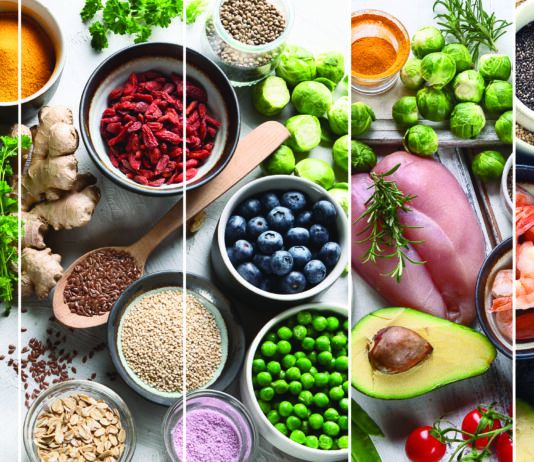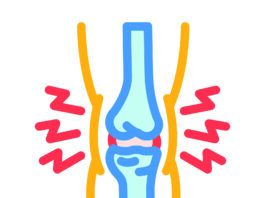New Reason to Get Off Your Duff
People who spent more than six hours a day sitting were significantly more likely to die over a 14-year span than those spending less than three hours daily on their duffs, according to a new study. The association was independent of physical activity and other risk factors such as Body Mass Index or smoking. Women who sat a lot saw a greater relative jump in mortality-a 34% increase-than men (17%).
Putting Nutrition Labels to Work
Nutrition Facts labels work-but not enough of us are using them. Thats the conclusion of a study of US adults based on data from a national nutrition survey. People who consult nutrition labels consumed fewer calories and less total fat, saturated fat,
Is There a Cancer Personality?
A study of data on nearly 60,000 Scandinavians may debunk the notion that your personality affects your risk of developing or dying from cancer. Over 30 years, 4,631 participants were diagnosed with cancer and 1,548 died from the disease. Scientists compared cancer risk with two common personality types: extraversion, a tendency to be social and outgoing, and neuroticism, a tendency toward anxiety and emotional swings.
Poultry Fingered in Food Illness
Poultry was the leading culprit in foodborne illness outbreaks reported to the government in 2007, the most recent year for which statistics have been compiled. Counting only the 45% of outbreaks in which a single ingredient was clearly the cause of food poisoning (rather than multiple ingredients, such as chicken salad),
Healthy Eating Getting Pricier
Can you afford to eat right? Its getting tougher. Prices of foods rich in nutrients rose at almost double the rate of junk food from 2004 to 2008. University of Washington researchers tracked the cost of the top 20% most nutrient-dense supermarket selections, such as vegetables and fortified wholegrain cereals,
As Temperatures Cool, Heart Attacks Heat Up
A new British study finds that colder temperatures are followed by a spike in heart attacks. For every one-degree Celsius drop in temperature, relative risk of heart attacks increased by 2%; the higher incidence was seen for up to two weeks after the arrival of colder temperatures. Researchers analyzed data on 84,010 hospital admissions in 15 urban areas of England and Wales over four years, adjusting for a variety of other risk factors. People ages 75-84 and those with a history of coronary heart disease showed the strongest association between cold waves and heart attacks.
Fruit and Vegetable Consumption Still Falling Short
Americans still arent eating their vegetables, and fruit consump-tion actually dropped a little last year, according to a new government report. The Centers for Disease Control and Prevention (CDC) analyzed data from the Behavioral Risk Factor Surveillance System covering trends from 2000 to 2009 to see how were doing in meet-ing the Healthy People 2010 targets for produce consumption. No states are yet meeting those goals, which call for 75% of Americans to eat at least two daily fruit servings and 50% to consume three or more vegetable serv-ings per day. Californians ate the most fruit and Tennessee topped vegetable consumption, while Oklahomans ate the least fruit and South Dakota ranked last for veggies.
Acupuncturists Attitude Beats Authenticity
Traditional Chinese acupuncture may help relieve pain from arthri-tis of the knee. But so could sham acupuncture, in which needles are inserted shallowly and outside the traditional meridian points. The key, according to a new clinical trial of 455 patients plus 72 controls, seems to be the attitude of the acupuncturist.
Green-Tea Claims Bring FDA Warnings
The US Food and Drug Administra-tion (FDA) says two leading makers of green-tea beverages are going too far with health claims for their drinks. The agency issued warning letters to Canada Dry, producer of Sparkling Green Tea Ginger Ale, and Unilever, maker of Lip-ton Green Tea. According to the FDA, the fortified ginger ale fails to meet gov-ernment requirements to claim that its enhanced with 200 mg of antioxidants from green tea and vitamin C.
Desk Job May Not Be Hazardous to Your Health
Go ahead, take a seat-it probably wont kill you. Counterbalancing a recent study (see last issues News-Bites) linking sitting too much with increased risk of death,

























